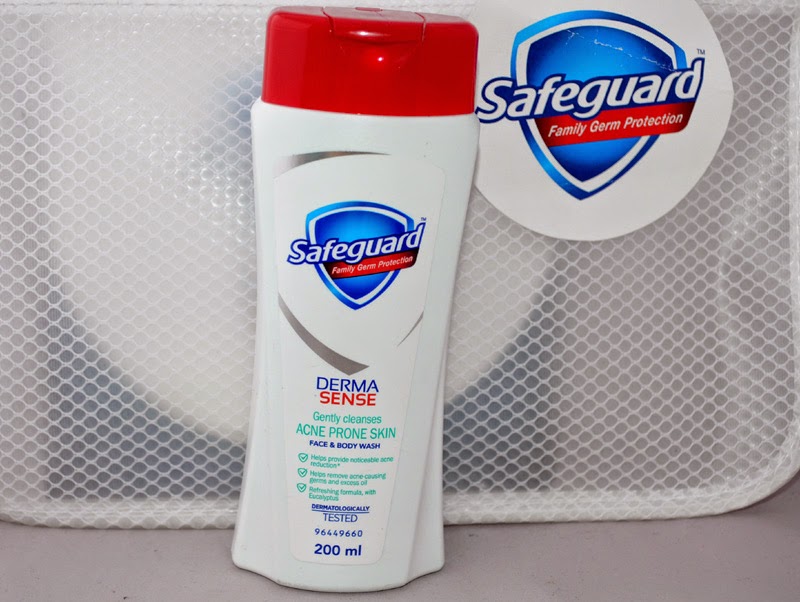

Moreover, nearly half of the estimated 1 million tons of oil that makes its way into marine environments each year comes not from tanker spills but from land-based sources such as factories, farms, and cities. Oil pollutionīig spills may dominate headlines, but consumers account for the vast majority of oil pollution in our seas, including oil and gasoline that drips from millions of cars and trucks every day. But according to EPA estimates, our nation’s aging and easily overwhelmed sewage treatment systems also release more than 850 billion gallons of untreated wastewater each year. These facilities reduce the amount of pollutants such as pathogens, phosphorus, and nitrogen in sewage, as well as heavy metals and toxic chemicals in industrial waste, before discharging the treated waters back into waterways. In the United States, wastewater treatment facilities process about 34 billion gallons of wastewater per day. More than 80 percent of the world’s wastewater flows back into the environment without being treated or reused, according to the United Nations in some least-developed countries, the figure tops 95 percent. The term also includes stormwater runoff, which occurs when rainfall carries road salts, oil, grease, chemicals, and debris from impermeable surfaces into our waterways

It comes from our sinks, showers, and toilets (think sewage) and from commercial, industrial, and agricultural activities (think metals, solvents, and toxic sludge).

Nutrient pollution, caused by excess nitrogen and phosphorus in water or air, is the number-one threat to water quality worldwide and can cause algal blooms, a toxic soup of blue-green algae that can be harmful to people and wildlife. Every time it rains, fertilizers, pesticides, and animal waste from farms and livestock operations wash nutrients and pathogens-such bacteria and viruses-into our waterways. It’s also a major contributor of contamination to estuaries and groundwater. In the United States, agricultural pollution is the top source of contamination in rivers and streams, the second-biggest source in wetlands, and the third main source in lakes. Around the world, agriculture is the leading cause of water degradation.
#Safeguard ocean fresh body wash free#
If there are items in the Customer’s order that are out of stock at the moment of picking, MRSGI store personnel will contact Customer for possible replacements to meet the min P3.5k or P2,999 + Nestle product requirement to avail of free shipping.Customers must purchase any Nestle product and avail of the Free Shipping at P2,999 only.Customers must make a minimum online purchase of P3,500 worth of goods from The Metro Stores Online Supermarket and/or Department Store.Customers can avail of the free shipping through the following:.Delivery address of online order should be within any of the cities listed above.Only orders placed on The Metro Stores Online site located at are included in this promo.Promo is open to all residents of the following cities in Metro Manila: City of Manila, Las Piñas, Makati, Mandaluyong, Marikina, Muntinlupa, Parañaque, Pasay, Pasig, Pateros, Quezon City, San Juan, Taguig.


 0 kommentar(er)
0 kommentar(er)
